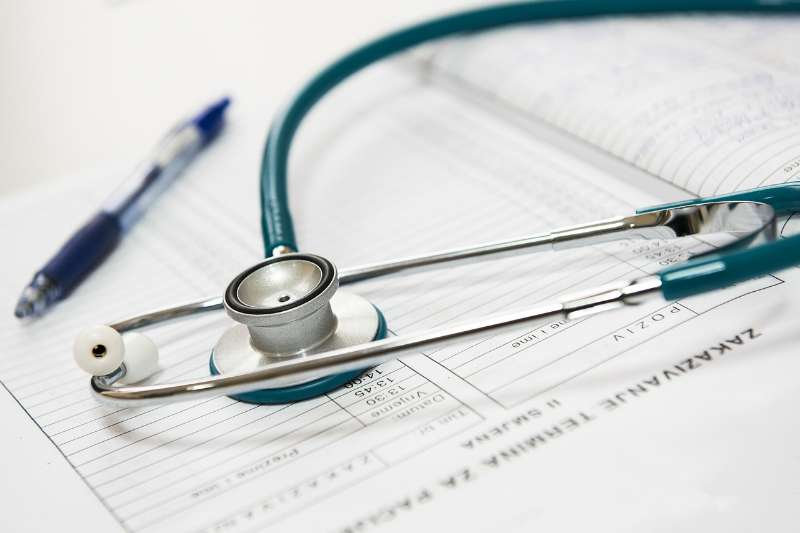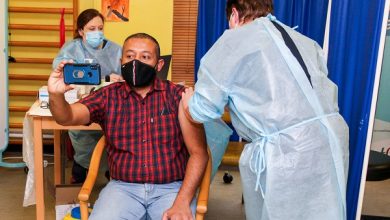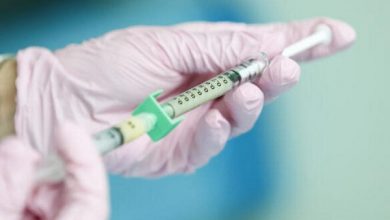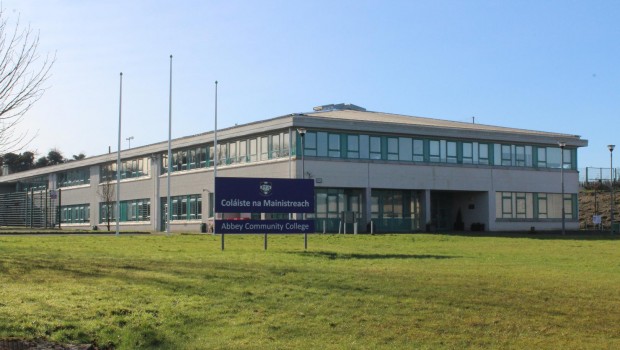People urged to consider options before going to a hospital ED

The HSE has issued an appeal to people seeking medical care or assessment to consider all options before going to a hospital Emergency Department, during what is going to be one of the busiest ever periods experienced by the health service. While some patients will regrettably experience long wait times in our Emergency Departments, urgent patients will always be prioritised for treatment and care.
Other options available if you are feeling unwell or are injured are:
Community Pharmacies:
You can visit your local pharmacy if you feel unwell. Pharmacists are qualified healthcare professionals. They can give you medicines you can buy without a prescription, medicines you have a prescription for, advice on minor illnesses, and can tell you if you need to see a GP.
GPs and GP Out-of-Hours Services:
GPs are running additional clinics during this time of high pressure. If you urgently need to see a GP outside their clinic hours, you can contact your local GP out-of-hours service.
Minor Injury Units:
Injury units treat injuries that are not life-threatening. For example, broken bones, dislocations and burns. You do not need an appointment. There are 11 HSE Injury Unit Locations, you can find one close to you on the HSE website: www2.hse.ie/services/injury-units/.
According to Damien McCallion, the HSE’s Chief Operations Officer:
“As expected, Emergency Departments are becoming extremely busy due to the unprecedented combination of very high levels of flu, COVID-19 and other respiratory illnesses in the community. Those who believe they may be seriously ill and require emergency care should of course come to hospital, but we would urge others to consider seeking support from pharmacists, GPs, GP Out of Hours Services and Minor Injury Units. These services have emergency responses in place for patients presenting with respiratory and other urgent health issues.”
The appeal comes as Covid-19 and influenza cases continue to increase rapidly. Notifications of RSV, which had been declining for several weeks, are also now increasing. Unfortunately, we expect this incline to remain sharply upwards for a number of weeks to come and to continue to seriously impact our hospitals and Emergency Departments.
While this surge of winter virus infections was predicted and planned for, the trends being seen are following the more pessimistic of predicted models, and also appear to be increasing earlier than had been hoped.
Even though vaccines take two weeks to work, it’s not too late for people to get their flu vaccine, or their COVID-19 booster, if they are due. Vaccination is an effective, safe way to protect you and people around you from flu or COVID-19.
The HSE appreciates the work of GPs and for their continuing support as they run additional clinics during this time of high pressure. Hospitals have also partnered with private hospitals to access additional beds, and this has added 145 beds to those available nationally for urgent or emergency admissions.
The HSE would like to thank all health service staff for their commitment to working through an extremely difficult and pressured period, including covering for staff who may be unwell.





